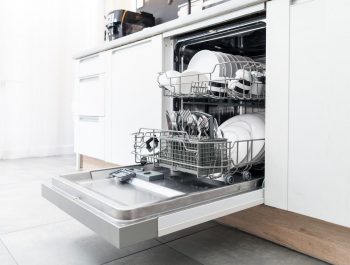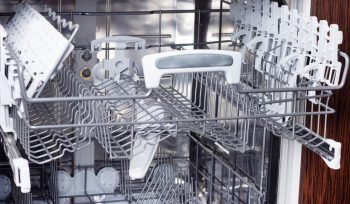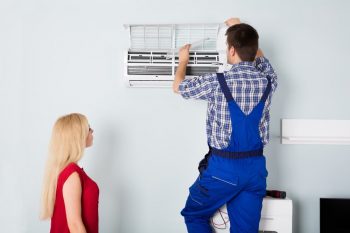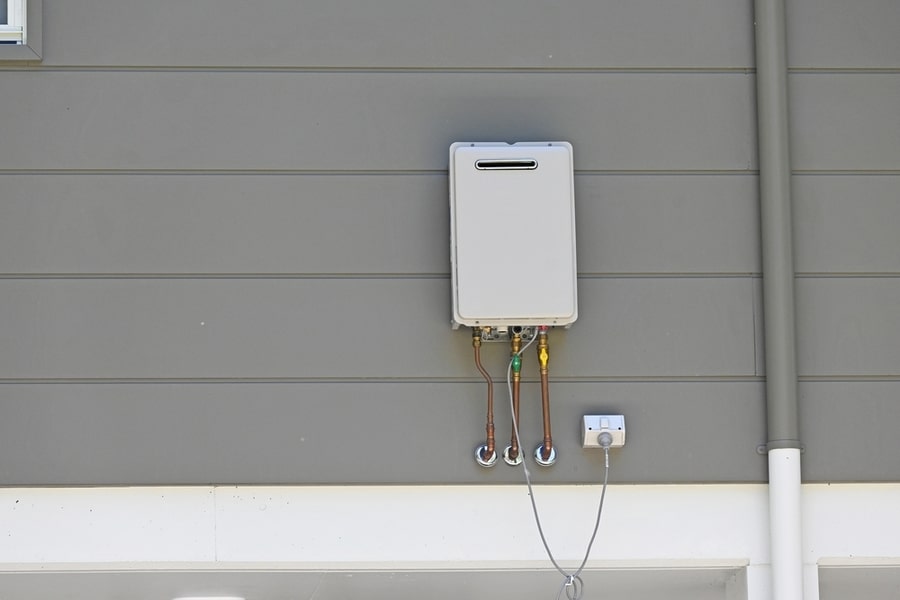
Taking your water heater for granted until it suddenly stops working is one of the commonest practices regarding appliance management.
Fortunately, a water heater rarely goes bad without giving several warning signs. That’s why you shouldn’t ignore the signs that your water heater is about to fail. But what are the signs your water heater is about to fail?
If you pay attention to the following warning signs, you can stay ahead of the problem and avoid expensive repairs:
- Makes strange noises
- Inconsistent water temperature
- Low water pressure
- Cloudy or gritty water
- Leaking water tank
- Faulty relief valve
- High energy bills
- The water smells odd
- Age of the water heater
- Frequent repair
If your water heater lags, it could be because you have too many hot showers or laundry runs back-to-back.
This article will discuss the different ways to tell when your water heater is about to fail.
10 Ways To Know Your Hot Water Heater Is Going Bad
Knowing the signs that your water heater is about to get faulty can save you a lot of hassle and money. But when inspecting water heaters, do so with caution, as they can be dangerous.
If you attempt to diagnose or repair your water heater yourself, ensure you turn off the pilot light, and for electric heaters, unplug it or turn off the circuit breaker. Also, wear protective gloves and goggles before operating on the water heater.
When your water heater is malfunctioning, you may lose about 500 gallons per hour, depending on your issue with the heater.
Below are some signs you can use to know when your water heater is about to fail:
1. Makes Strange Noises

When your water heater makes strange noises, it’s a sign that it is about to fail. These sounds may include banging, popping, rumbling, and so on.
Generally, your heater isn’t supposed to make any audible noise that you should be able to hear from the next room.
The sound can often mean many things, such as a clogged system, a faulty TPR valve, excessively high temperature, pressure build-up, leaks, etc.
Ideally, inspect the unit to be sure what the issue is so that you can fix it.
2. Inconsistent Water Temperature
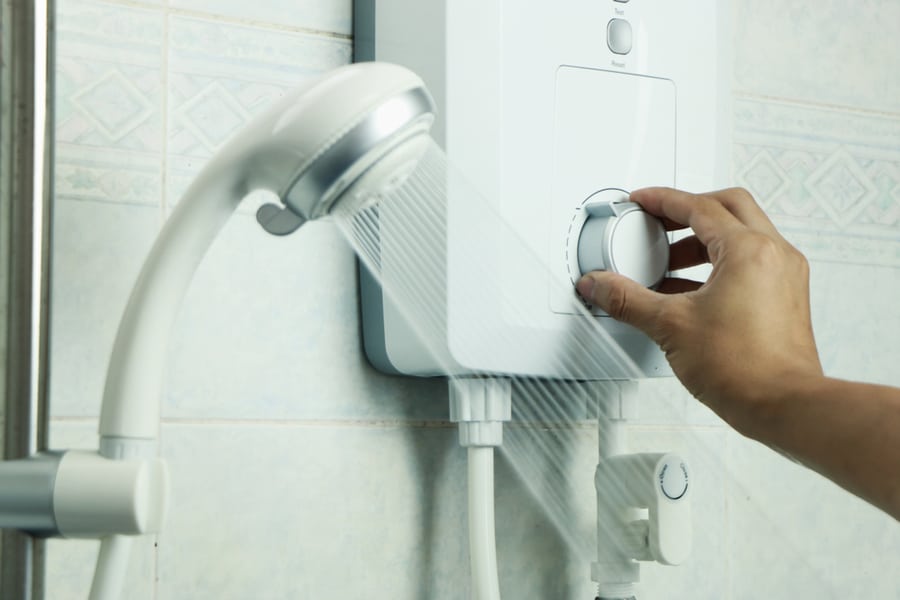
Another sign that your water heater is about to go bad is when its temperature is no longer consistent. You should know there is an issue when you get scalding water from the taps, while other times the water is cold.
If you are lucky, the problem might be with the thermostat, which you can easily replace. But other times, the issue could be with the heating element, which is more difficult and expensive to repair.
3. Low Water Pressure
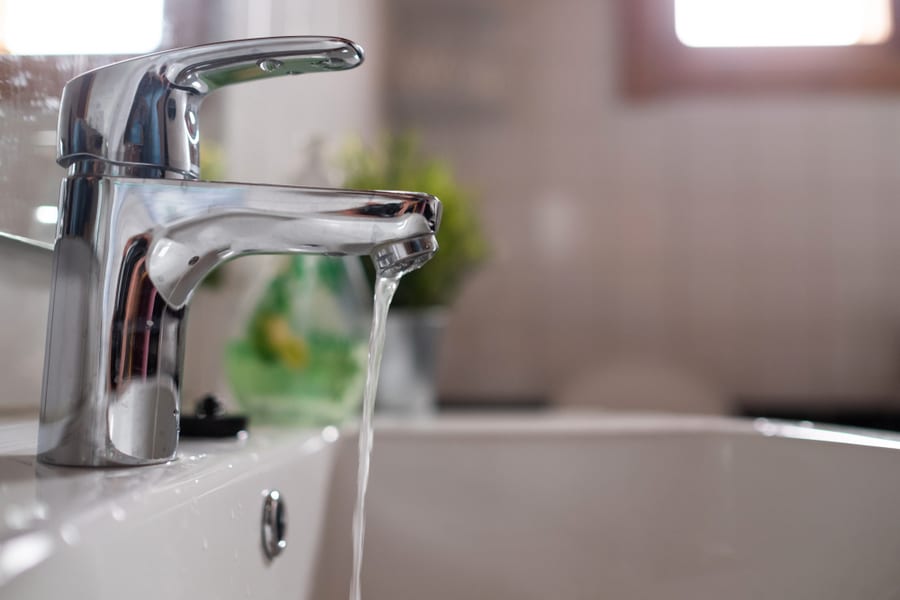
If you have good water pressure from the cold water faucet but low water pressure from the hot water faucet, it’s a sign the water heater is malfunctioning.
Often, you experience low water pressure from the water heater when sediments clog the channel.
Sediment builds up in the water heater if the main water supply is hard. In such cases, it’s best to flush the water heater tank with fresh water to remove sediment.
Also, treating the tank with vinegar, hydrogen peroxide, or baking soda can help get any sediment residue.
4. Cloudy or Gritty Water
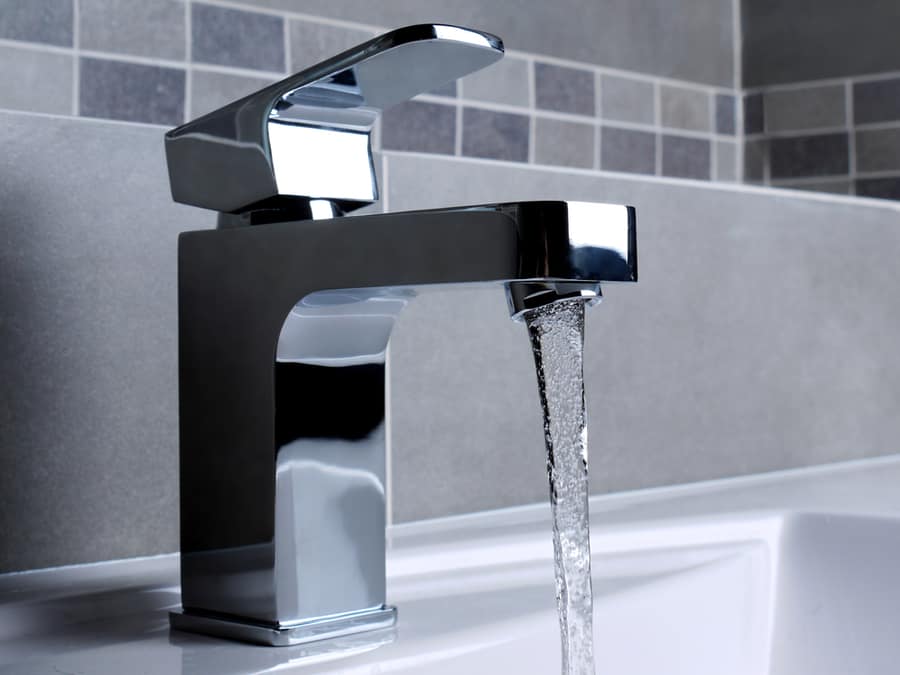
If the color of the water from the heater appears to be gritty or cloudy, it’s a sign of a serious problem. But first, check that the main water supply is not cloudy or gritty.
If the main water supply is clear, the issue could be that the electric heater’s heating element is degrading or the tank is rusting.
In an electric water heater, the heating element or anode rod is made of a material like magnesium which helps to keep the water in the tank in a chemical condition.
But after a couple of years, the old anode rod can degrade the tank as it. Also, inspect the interior of the tank to ensure it is not rusting.
5. Leaking Water Tank

A leaking water heater tank is a sign that it is failing. If the tank leaks, you will often see water drippings from the tank pooling under the unit. Or you may see that the pipe is dripping water.
If you are experiencing leaks, it could be a minor issue, like the valve is not fully closed or a connection has become loose.
But in some cases, leaks could mean a hole in the tank. In such cases, the best remedy is to get a new tank replacement or, in some cases, a new water heater.
When your water heater is leaking, you should fix it immediately, as it can cause a significant amount of damage to your home.
6. Faulty Relief Valve

At the top of the side of your water heater is the TRP valve connected to a plastic or metal discharge turn pointed downwards.
The TPR valve is a safety device designed to release the water pressure in the tank automatically. So, if the temperature and pressure in the tank exceed the safe level due to a faulty thermostat, the valve releases the excess.
But due to sediment build-up, the relief valve may clog, leading to serious issues. When the relief valve is faulty, and the pressure in the tank exceeds the safe limit, you may notice the tank vibrating.
If boiling continues after this point, the tank will explode, causing the steam to almost instantly occupy over 1600 times its original volume, causing extensive injury.
7. High Energy Bills
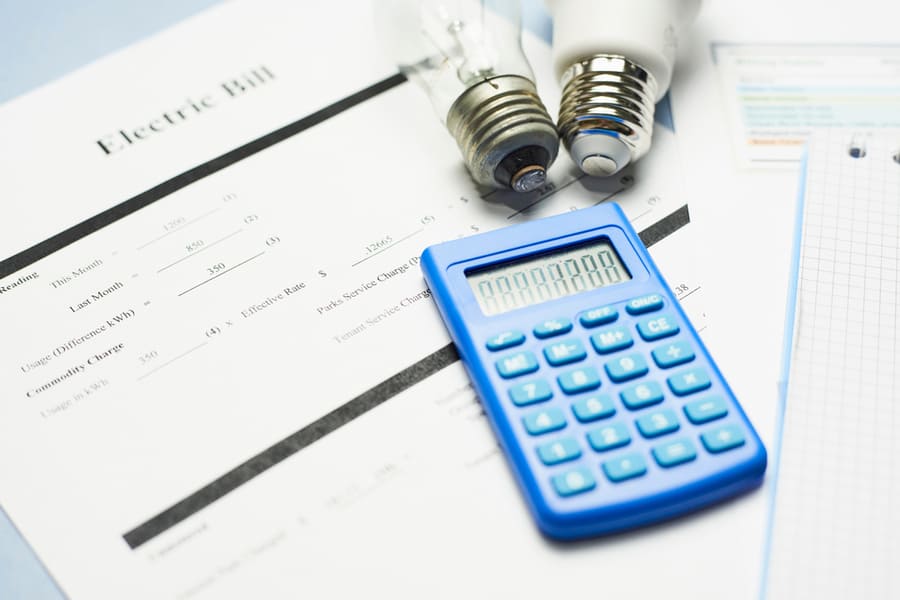
If your energy bill is higher than it usually is, it is a sign that your water heater may be faulty. When sediments build up in the water heater, they may form a layer around the heating element or at the bottom of the tank.
As such, this layer of sediments reduces the energy efficiency of the tank. If your energy bill is higher, you can fix it by flushing your water heater’s tank to remove the sediment.
Flushing your water heater’s tank at least once every 6 months to remove the sediments is ideal. This practice will help extend the life of your water heater.
8. The Water Smells Odd

If the water from the tank smells odd, it’s a sign of bacterial infestation in the water heater. This issue is common when the temperature of your water heater is not high enough to prevent bacteria.
When the temperature of the water heater is below 120 degrees, considering it is a warm and moist environment will promote bacterial growth.
Turning up your water heater’s temperature can help eliminate the bacteria. Treating the water heater with chlorine can also help eliminate the bacteria and the smell.
9. Age of the Water Heater
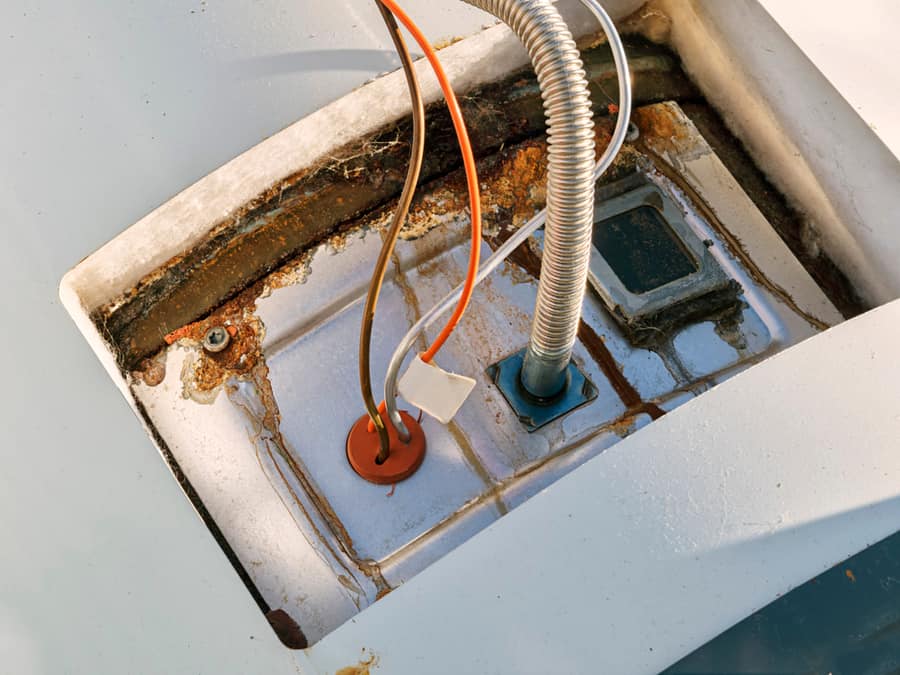
After a considerable amount of time, say 8 to 12 years, which is the average lifespan of a water heater, you should expect to get a replacement. At this point, sediment build-up in the tank would have solidified at the bottom.
There will also be many issues that may have developed, thus reducing the efficiency of the water heater.
But the good news is that if you have been maintaining your water heater properly from day one, you should be able to prolong its life.
10. Frequent Repairs
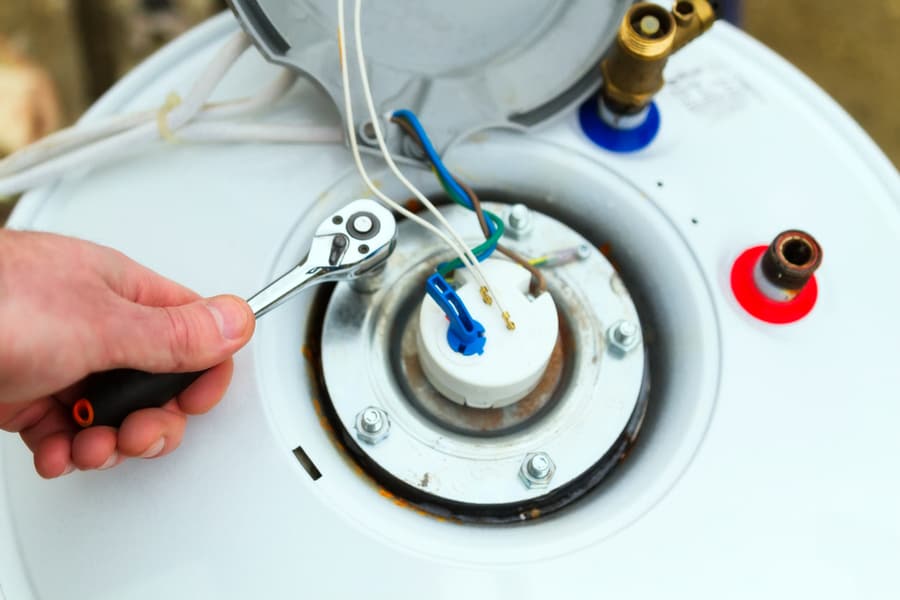
If you have to repair the water heater frequently, it’s a sign that you need a new one. The water heater may develop a new fault with each repair or worsen the old problem.
In such a case, getting a new water heater is more cost-effective than continuing the repairs.
Conclusion
Knowing when your water heater is about to give out saves you a lot of hassle. Rather than suddenly finding the water heater no longer working, you can prepare and plan to get a replacement.
You will even have the time to do the necessary research to get an upgrade if you can afford it.
Frequently Asked Questions
Can an Old Water Heater Make You Sick?
If the water heater is old and poorly maintained, it can make you sick. The sediment build-up in the water heater and the growth of bacteria in the water heater can affect your health.
How Long Should the Water Heater Last?
The average lifespan of water heaters is about 10 years. But with proper maintenance, you can extend its lifespan to about 15 years or more.



